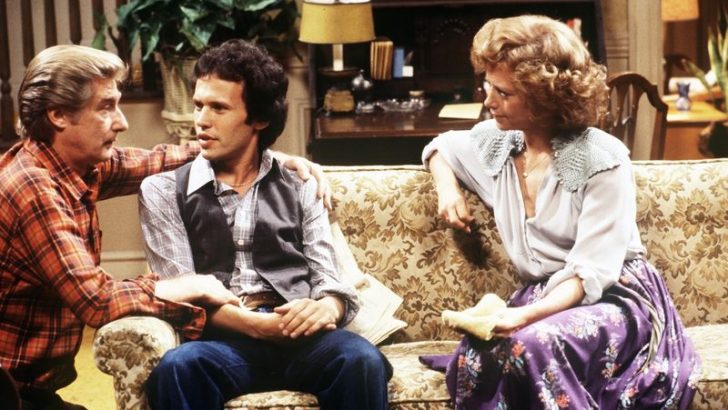The 1970s were marked by a radical shift in television, with sitcoms at the forefront of societal change. These shows began to address topics previously considered taboo, such as racism, gender equality, and personal freedom. The sitcoms of this era not only entertained but also sparked conversations, challenging viewers to reconsider their beliefs and perceptions. The decade brought forward a blend of humor and serious storytelling, deftly weaving in controversial themes that reflected the cultural tensions of the time. Here are 13 groundbreaking moments from 1970s sitcoms that played a pivotal role in shaping television history.
1. Maude’s Abortion Episode
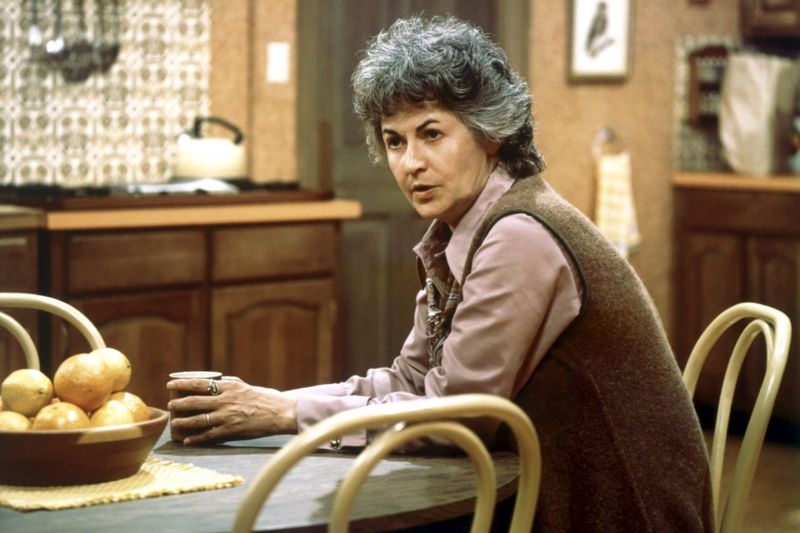
Maude’s decision in a 1972 episode to get an abortion was a groundbreaking television moment. It aired just before Roe v. Wade, causing waves across the nation. The portrayal of such a personal decision on a primetime show was unheard of.
Many applauded the show for its bravery, while others felt it was too controversial. However, it sparked crucial conversations about women’s rights.
The episode remains one of the earliest instances of a sitcom taking on such a divisive issue, setting a precedent for future shows.
2. Edith’s Assault in All in the Family
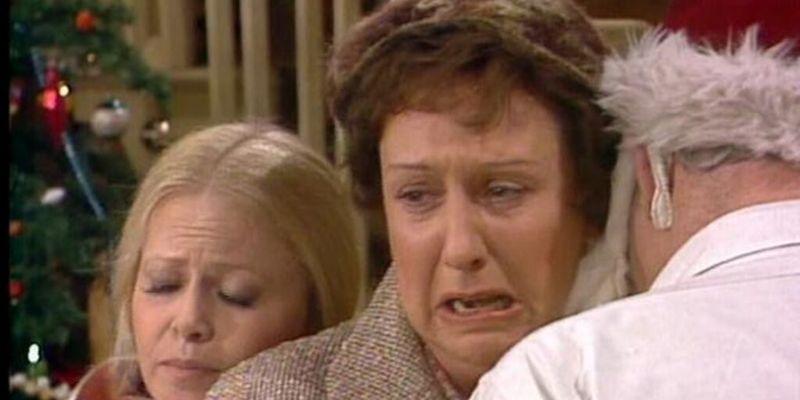
All in the Family dared to depict a serious issue in its 1977 episode featuring Edith Bunker’s narrow escape from sexual assault. This groundbreaking portrayal was unprecedented in sitcom history.
The episode was both praised and criticized for its bold storytelling. Edith’s vulnerability and strength highlighted the complexities of such situations.
By addressing this issue, the show paved the way for more serious topics to be brought into comedic formats, demonstrating the power of television to evoke empathy and awareness.
3. Interracial Kiss on The Jeffersons
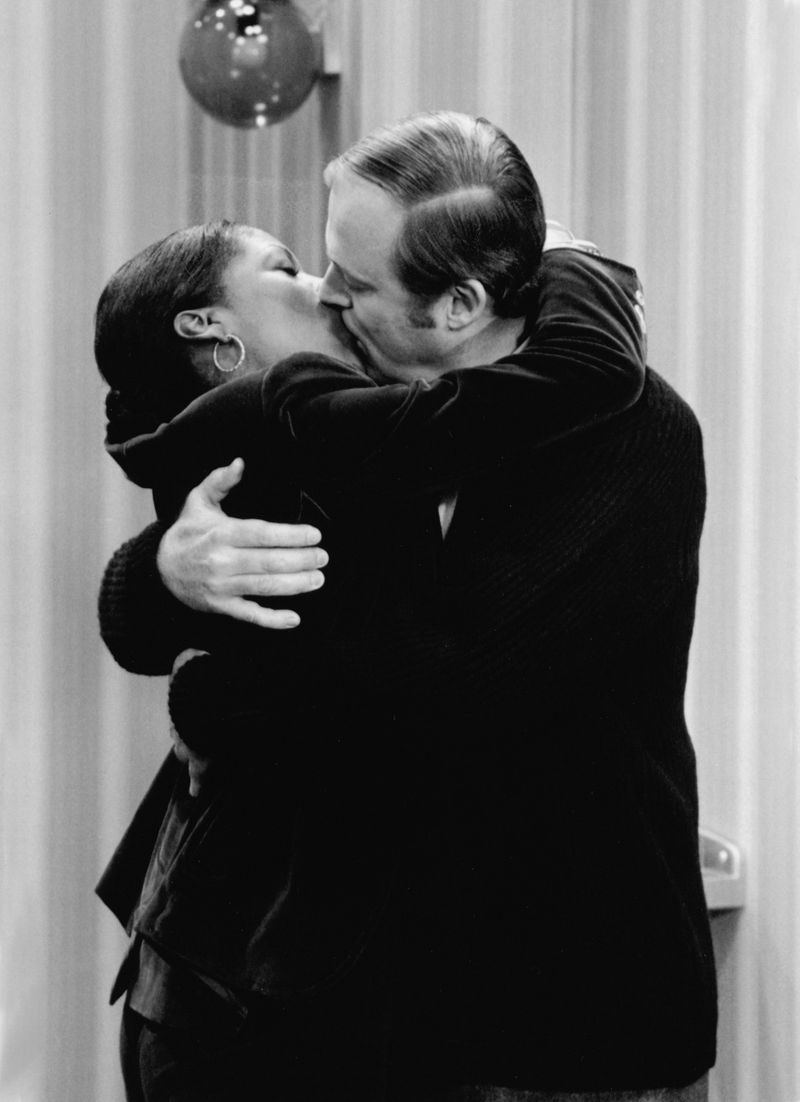
The Jeffersons broke barriers with one of television’s first interracial kisses. When Tom and Helen Willis shared their on-screen kiss, it was a bold statement for equality and acceptance.
Viewers had mixed reactions, reflecting society’s divided stance on interracial relationships at the time. Yet, this moment was a step forward in representation on television.
The scene challenged stereotypes, making it a pivotal moment in TV history. It opened the door for more diverse storylines and characters, contributing to the gradual shift in societal perceptions.
4. Mass Shooting Scene in Mary Hartman, Mary Hartman
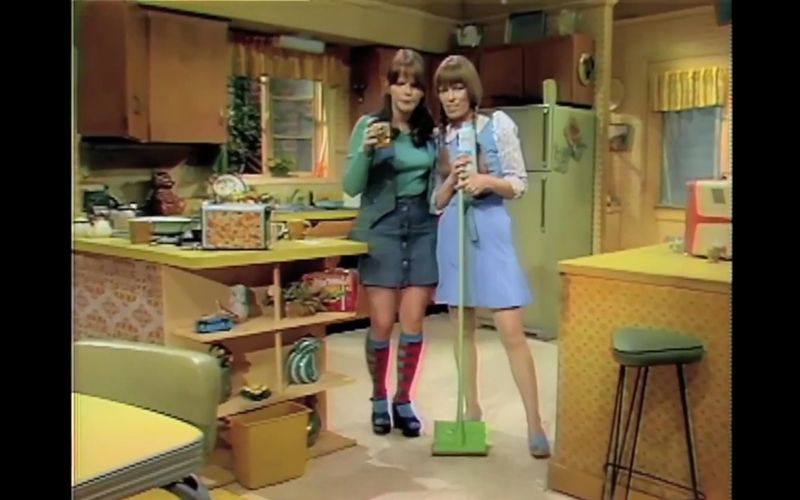
Mary Hartman, Mary Hartman shocked audiences with its mass shooting scene in 1976. Known for its dark humor, the show took a satirical approach to sensitive subjects like violence and mental illness.
The episode was both critiqued and praised for its daring narrative. It highlighted the absurdity and tragedy of such events.
This controversial moment pushed the boundaries of what was considered acceptable in a comedic setting, paving the way for future shows to explore complex themes through satire.
5. Cher’s Revealing Outfits on The Sonny and Cher Comedy Hour
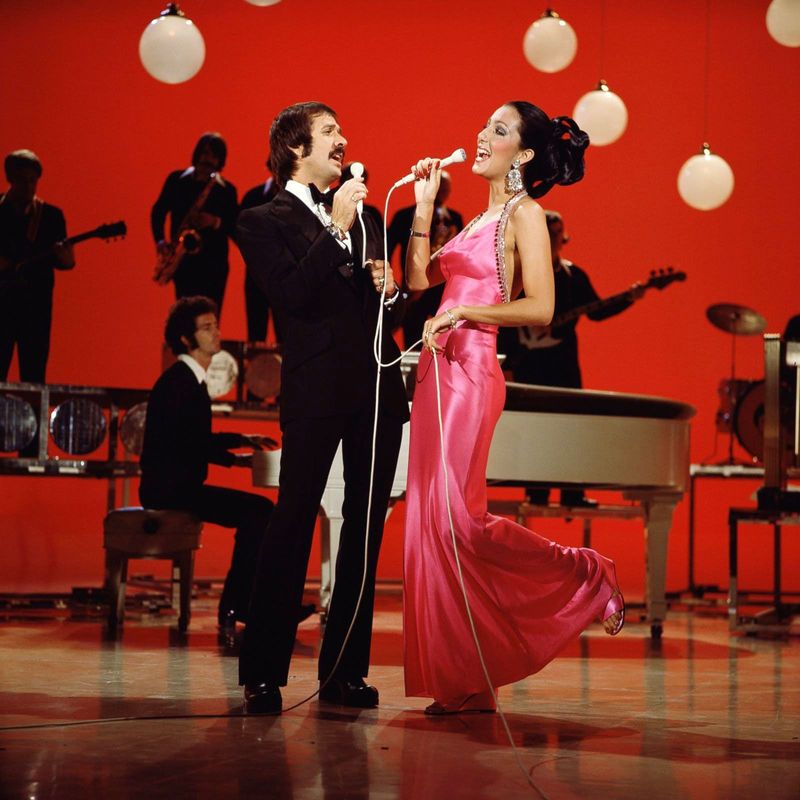
Cher’s fashion choices on The Sonny and Cher Comedy Hour became iconic. Her revealing outfits, including midriff-baring tops, were both criticized and celebrated.
At the time, conservative audiences were shocked, but Cher remained unapologetic, embracing her individuality and style.
Her fashion statements not only challenged societal norms but also influenced fashion trends, cementing her status as a cultural and fashion icon. Cher’s fearless approach to self-expression resonated with many, making her a lasting figure in entertainment history.
6. Good Times’ ‘Black Jesus’ episode
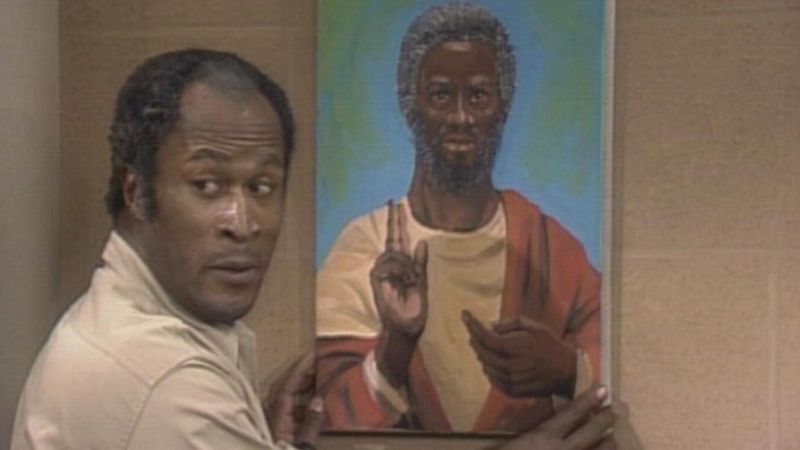
Good Times stirred discussions with its ‘Black Jesus’ episode, portraying an African-American Jesus. The Evans family embraces this depiction, sparking conversations on representation and cultural identity.
Some viewers found it empowering, while others saw it as provocative. The show explored themes of faith and identity, resonating with many African-American households.
This episode contributed to dialogue about inclusivity and representation in media. It highlighted the importance of cultural pride and challenged mainstream portrayals of religious figures, adding depth to the sitcom’s narrative.
7. Rhoda’s Wedding on Rhoda
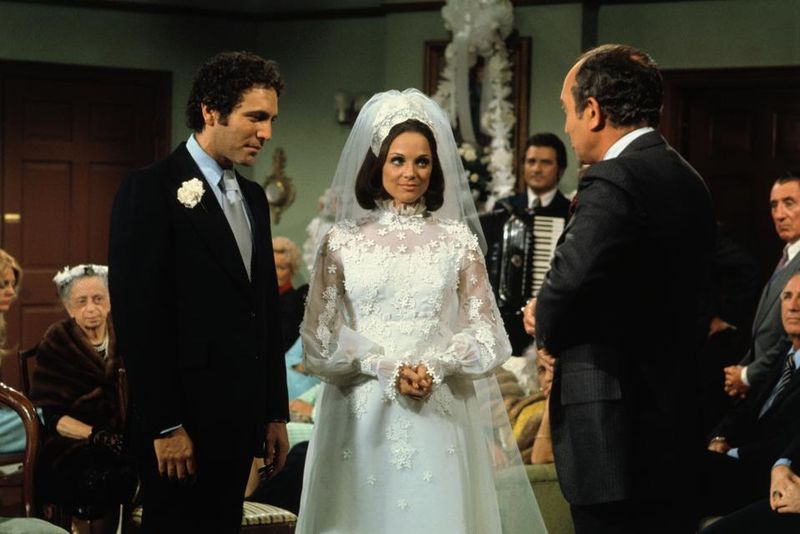
Rhoda’s wedding was a television event that captivated audiences in 1974. The episode drew one of the largest TV audiences, showcasing the popularity and relatability of Rhoda’s character.
The show’s depiction of a Jewish wedding was a refreshing representation of cultural diversity. It resonated with viewers of various backgrounds.
This milestone highlighted the importance of cultural representation and the power of authentic storytelling. Rhoda’s wedding was more than just a TV moment; it was a celebration of love and diversity that echoed beyond the screen.
8. M*A*S*H’s ‘Abyssinia, Henry’ episode
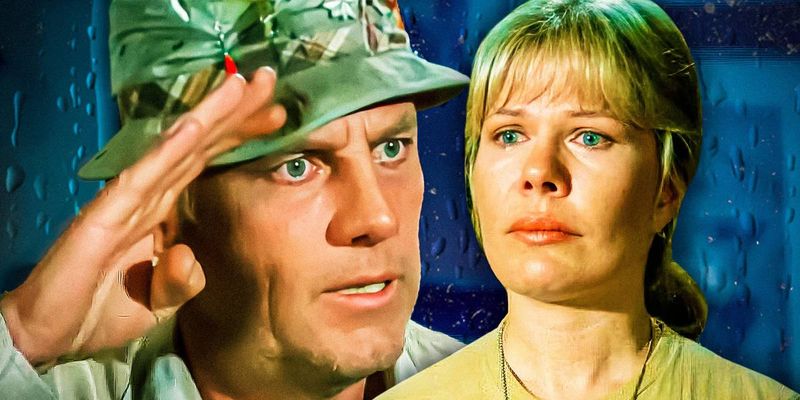
M*A*S*H shocked its audience with ‘Abyssinia, Henry’ in 1975, where a beloved character, Henry Blake, dies unexpectedly. The episode delivered an emotional punch, blending comedy and tragedy.
The decision to kill off a main character was bold, reflecting the harsh realities of war. It challenged the notion of sitcoms as purely comedic.
This daring narrative choice left a lasting impact, demonstrating the show’s depth and willingness to tackle serious themes. It remains a powerful example of storytelling that transcends traditional sitcom boundaries.
9. Laverne & Shirley’s Feminist Undertones
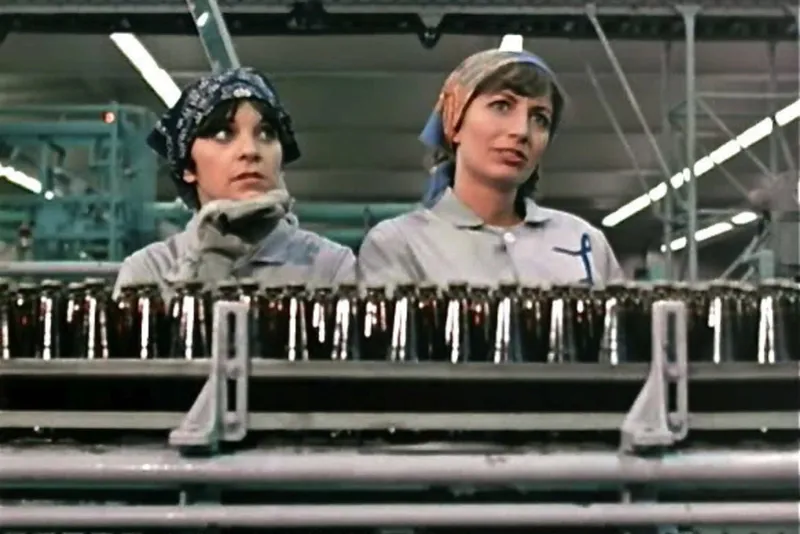
Laverne & Shirley, while lighthearted, subtly addressed feminist themes. The show followed two independent women navigating their own paths. It resonated with audiences seeking relatable female empowerment stories.
Their friendship and work in a Milwaukee brewery were symbols of resilience and independence. The series portrayed women’s issues without overshadowing the humor.
The characters’ tenacity and camaraderie highlighted the evolving role of women in society. Laverne & Shirley became icons of empowerment, paving the way for future female-centric shows. This subtle yet impactful approach added depth to a beloved sitcom.
10. Three’s Company’s ‘The Bake-Off’ episode
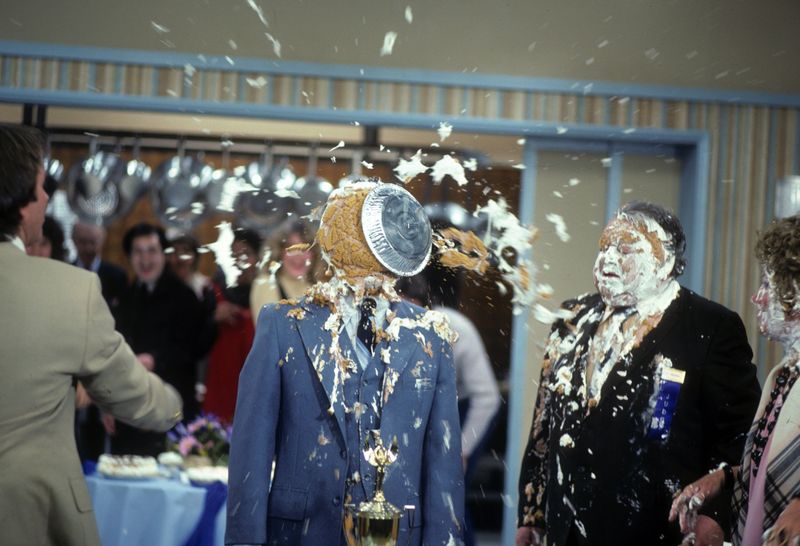
Three’s Company thrived on misunderstandings, and ‘The Bake-Off’ episode was a classic example. The comedic narrative revolved around a pie-baking contest with hilarious consequences.
This episode played with themes of deception and mistaken identities, hallmarks of the show’s humor. Audiences loved the lighthearted chaos and quirky interactions.
The episode’s success lay in its ability to entertain while subtly critiquing social norms. It showcased the show’s unique blend of slapstick and wit, making it a memorable part of 1970s television comedy. The show’s enduring appeal is a testament to its clever storytelling.
11. Soap’s LGBT Representation
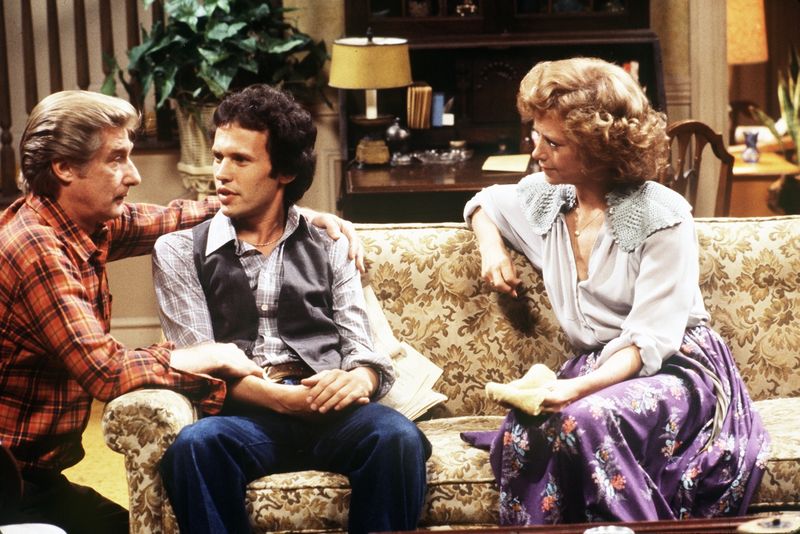
Soap was groundbreaking for its inclusion of a gay character, Jodie Dallas, played by Billy Crystal. This portrayal was pioneering in 1970s television, reflecting a shift towards more diverse representation.
The show depicted Jodie with humor and humanity, challenging stereotypes and encouraging conversations about sexual orientation.
While controversial, it paved the way for more inclusivity in media. Jodie’s character was significant in normalizing LGBT presence on TV, marking a step forward in representation and understanding. Soap’s boldness in addressing such topics left a lasting impact on the sitcom landscape.
12. The Mary Tyler Moore Show’s ‘Chuckles Bites the Dust’
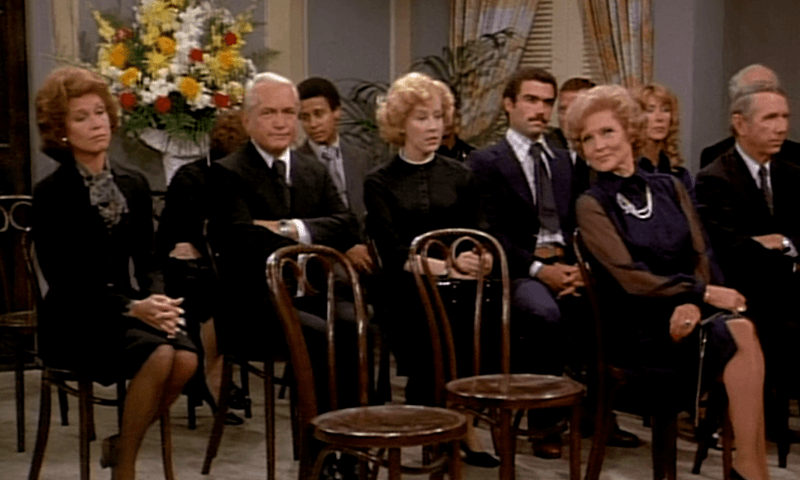
The Mary Tyler Moore Show delivered comedy gold with ‘Chuckles Bites the Dust.’ The episode centered around the absurdity of a clown’s funeral, blending humor and poignancy.
Mary’s struggle to maintain composure at the funeral explored themes of grief and laughter. It was celebrated for its sophisticated comedy and emotional depth.
This episode highlighted the show’s ability to address serious topics with wit and sensitivity. It remains an iconic moment, illustrating how humor can be found even in the most unexpected situations, resonating with audiences long after it aired.
13. Welcome Back, Kotter’s Inner City Struggles
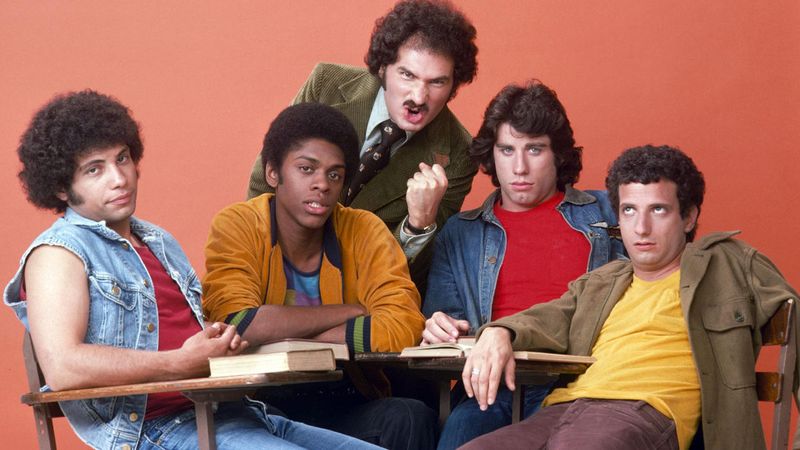
Welcome Back, Kotter captured the essence of urban school life with humor and heart. It followed Mr. Kotter and his students, the Sweathogs, navigating educational challenges.
The show addressed themes of economic disparity and resilience, resonating with viewers familiar with inner-city struggles. It presented an authentic glimpse into the lives of students overcoming obstacles.
Kotter’s empathy and humor provided hope and inspiration, making the show both entertaining and meaningful. It highlighted the potential for comedy to address profound social issues, leaving a legacy of compassion and understanding.

Well, hello there!
My name is Jennifer. Besides being an orthodontist, I am a mother to 3 playful boys. In this motherhood journey, I can say I will never know everything. That’s why I always strive to read a lot, and that’s why I started writing about all the smithereens I came across so that you can have everything in one place! Enjoy and stay positive; you’ve got this!

